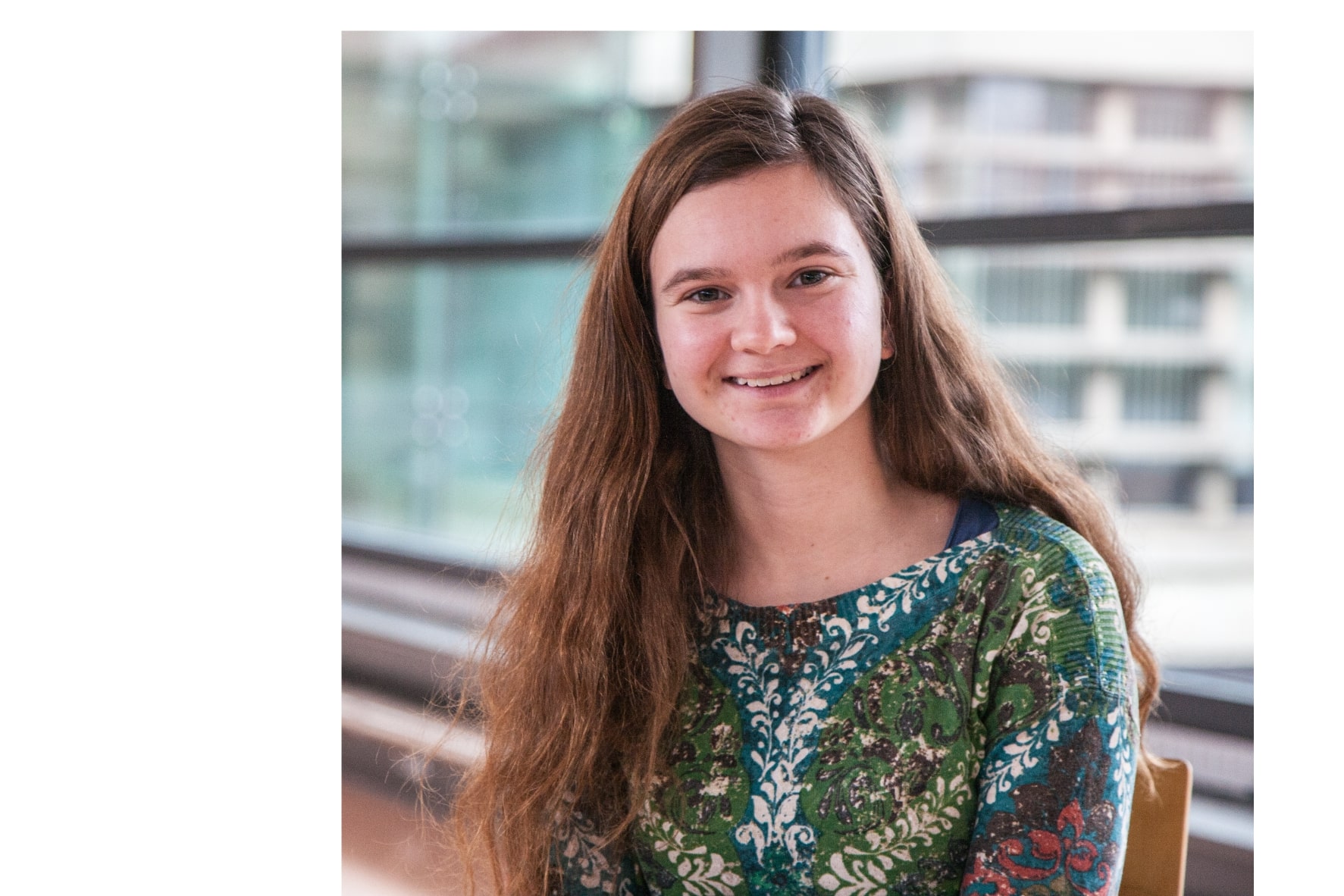
From 18-20 January the final general assembly of the Eat2beNice consortium took place. During this meeting, we made plans for the future, reviewed where we currently stand, and looked back at how far we have come.
Where we are
All work packages presented the results from their studies. We saw for example the results from TRACE-study that show us how important eating healthy is for children with ADHD. The findings indicate that a healthy diet might lead to less medication use and a performance at least equal to the care as usual group. Similar findings come from the epidemiological studies, that have shown that unhealthy diets are associated with ADHD at the population level, and that fiber intake during pregnancy may reduce incidence of ADHD in offspring. Another important outcome from Eat2beNICE is that impulsivity – which is one of the symptoms of ADHD – lowers the success of dietary interventions. It is important to take this into account when designing lifestyle intervention programs for individuals with ADHD and others with high impulsivity.
There is also still a lot of research going on, even though the project officially has come to an end. So we expect to publish more findings in the upcoming years, especially about the role of the gut-brain axis in the link between diet and mental health.
Looking back
If we look back at the aims we had at the beginning of the project, and where we are now, we can certainly be proud of ourselves of how far we have come. We have performed four large-scale clinical trials, we have analysed data of millions of people from public registries, we have collected more than 6000 samples of poop for gut microbiota analysis and we have established fruitful collaborations with experts from very different areas of expertise, including epidemiology, genetics, epigenetics, microbiology, animal research, psychiatry, psychology and nutrition. What’s more, we have collaborated with patient representative organisations ADDISS and ADHD Europe, and with celebrity chef Sebastian Lege, in order to translate scientific findings into clear and useful messages such as healthy recipes. With a group of enthusiastic early career scientists we have established a dissemination platform www.newbrainnutrition.com where we share insights from our studies through accessible blogs, infographics, videos and dictionary items. This online platform contains a gigantic amount of information on diet, lifestyle and mental health for the general public. The latest addition to this platform is the online cookbook, with recipes from Sebastian Lege and tipsheets co-created with ADHD Europe.
Looking forward
As one door closes, another one opens, and the same goes for scientific projects. Therefore, we dedicated time to look into the future, so we can keep collaborating on the topics of mental health, lifestyle and the gut microbiome. In a dedicated session at the general assembly meeting, work package leaders talked about their current and future plans. Specifically, they explained what they could offer and what they were looking for in terms of collaboration. Many great opportunities were discussed, and plans were made to write future grants. Concluding, the end of the project will certainly not be the end of collaboration between this great group of scientists driven to discover the links between lifestyle and mental health.

